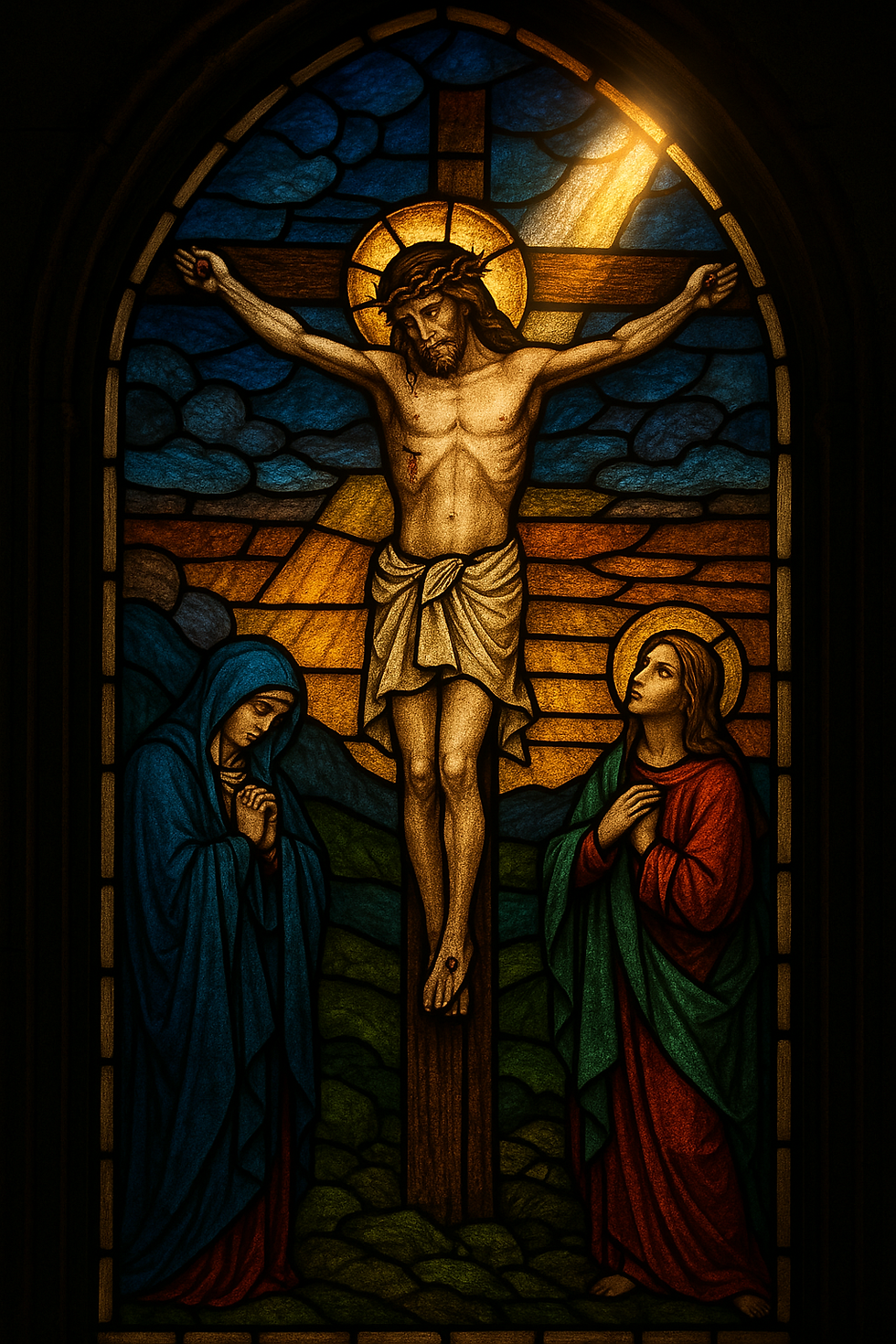Why is belief in God more reasonable than no belief in God? Part 2: The Teleological Argument
- dktippit3
- Sep 4, 2024
- 3 min read
Updated: Sep 8, 2024

I have argued that belief in God is more reasonable than disbelief. The evidence I present comes from several arguments that, when combined, suggest an intelligent designer created the universe. I believe this designer is the God of the Bible.
Last week we discussed the Cosmological Argument. This week, we’ll explore the Teleological Argument, which suggests that the purposeful design observed in the natural world points to a deliberate designer. This is also known as the Argument from Design.
Key Points of the Teleological Argument
Observation of Order and Complexity:
The universe shows intricate order, complexity, and purpose. Examples include the laws of physics, the structures of living organisms, and the fine-tuning of the universe’s constants, which allow life to exist. The natural world appears to be designed for specific purposes, like the eye for seeing or wings for flying.
Analogy to Human Design:
William Paley, a key proponent of the teleological argument, used the watchmaker analogy: finding a watch suggests a watchmaker, just as the universe's complexity implies a divine designer.
Fine-Tuning Argument:
A modern version focuses on the fine-tuning of the universe, arguing that the precise conditions necessary for life suggest an intelligent designer.
The argument is structured as follows:
- Premise 1: The universe exhibits order, complexity, and purpose.
- Premise 2: Complex and purposeful design typically results from an intelligent designer.
- Conclusion: Therefore, the universe likely has an intelligent designer, which is God.
In essence, the apparent design and intentionality of the universe imply an intelligent creator.
Criticisms of the Teleological Argument
Natural Explanations
Critics argue that natural processes, like evolution by natural selection, can explain the complexity and design in the biological world without invoking a designer. However, naturalists face the improbability of these processes occurring by chance, and the issue of something coming from nothing remains unresolved.
Problem of Imperfection
Critics point to perceived flaws in the natural world, like degenerate organs and natural disasters, as evidence against a perfect designer. This can be addressed by considering the biblical explanation of sin, which corrupted the original creation.
Anthropic Principle
Some suggest the fine-tuning of the universe is simply because we exist in a universe that allows for life. However, this principle doesn’t explain how the fine-tuning occurred in the first place, and the ongoing balance of these parameters suggests an active "holding up" of the universe.
Multiverse Hypothesis
This hypothesis posits that countless universes exist with different constants, making our life-sustaining universe not improbable. However, there’s no evidence for a multiverse, and it doesn’t address the origin of these universes.
The chance of such intricate design happening by random chance is astronomical. For example, the odds of a random sequence of amino acids forming a functional protein, a fundamental building block of life, are incredibly slim—1 in 10^70th. The complexity of cells, which function like miniature factories, suggests an intelligent design behind their creation. Bruce Alberts, former president of the U.S. Academy of Sciences, described cells as "factories" containing coordinated protein machines.
The theory of irreducible complexity also challenges naturalistic explanations. For instance, the flagellum, a micro-molecular propeller, fails to function if any of its 35 protein components are removed, making it irreducibly complex. This complexity is unlikely to have evolved through gradual mutations.
Conclusion
Despite criticisms, the Teleological Argument remains a significant and influential argument for the existence of God. It appeals to the intuition that complex and purposeful systems result from intelligent design and suggests that the universe's order and fine-tuning point to a divine creator. The argument continues to be central in philosophical and theological discussions.
.png)



Comments